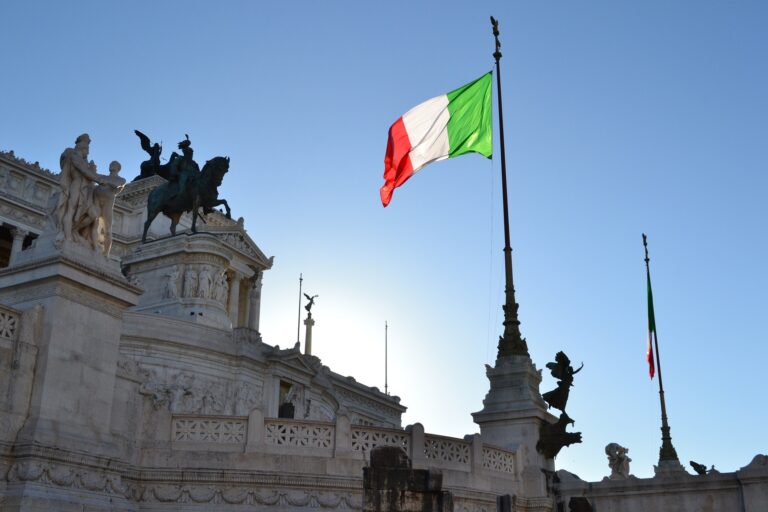Photo: Pixabay
Italian cuisine is much more than just a collection of recipes and ingredients – it is a reflection of Italy’s rich cultural history. The roots of Italian cuisine can be traced back to the ancient Roman Empire, where the cuisine was heavily influenced by the ingredients and techniques of the Mediterranean.
However, it was not until the Middle Ages that Italian cuisine began to take shape as a distinct culinary tradition. The availability of new ingredients, such as sugar, spices, and exotic fruits, sparked a wave of creativity and experimentation in the kitchen. The influence of Arab, Greek, and Byzantine cuisine also played a significant role in shaping Italian cuisine during this time.

Photo: Pixabay
As Italy entered the Renaissance period, its cuisine continued to evolve, with the rise of new culinary techniques and a focus on seasonal and regional ingredients. The wealthy aristocracy of Italy became known for their lavish banquets and feasts, which showcased the finest foods and wines of the country.
However, it was not until the late 19th century that Italian cuisine truly began to gain recognition around the world. Italian immigrants brought their culinary traditions with them to countries like the United States, where they opened restaurants and pizzerias, introducing new dishes and flavors to local communities.
Today, Italian cuisine is celebrated around the world for its bold flavors, fresh ingredients, and simple yet delicious recipes. From the traditional dishes of Tuscany and Sicily to the modern interpretations of Milan and Rome, Italian cuisine continues to evolve and adapt, reflecting the country’s vibrant cultural heritage.
In conclusion, the history of Italian cuisine is a fascinating cultural journey that spans centuries and continents. Whether you’re a food lover or a history buff, exploring the rich culinary traditions of Italy is a journey that is sure to inspire and delight.
Source: WindStarCruises.com












